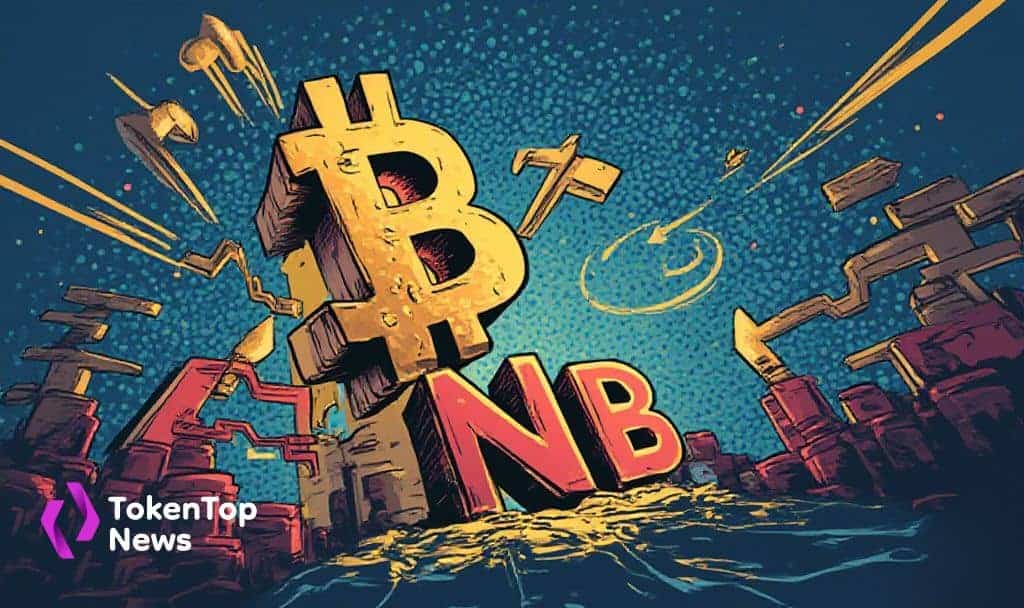BNB Market Cap Tops Intel, Setting New Financial Milestone
- BNB BNB +0.00% reaches market cap of $142.6 billion, exceeding Intel’s.
- Intel’s market cap at $138 billion as reference.
- Impacts cryptocurrency market dynamics and rankings.

Binance Coin (BNB) has surpassed Intel in market capitalization, reaching approximately $142-$149 billion, as noted on Binance’s official announcement via Twitter on September 20, 2025.
This milestone emphasizes BNB’s increasing influence within global markets, highlighting broader implications for cryptocurrency’s role relative to traditional assets.
Main Content
BNB’s Financial Milestone
The cryptocurrency market has witnessed a notable event as BNB’s market capitalization climbed to approximately $142–$149 billion, surpassing Intel. This development was confirmed by Binance’s official statements and reflects significant shifts in global asset rankings.
The key entity in this development is Changpeng Zhao, founder of Binance. “BNB’s $142.6B market cap now surpasses Intel, moving up the global market rankings,” he noted in an official communication. The market move reflects changing trends, placing BNB temporarily at the 145th spot among major global assets by market value, according to Binance communications. source
Impact on Market Dynamics
This achievement emphasizes a shift in market dynamics with BNB outpacing major companies. Industries reacting to such milestones often include those related to blockchain and finance, potentially influencing trading strategies and asset perceptions.
The financial implications are considerable, highlighting cryptocurrency’s evolving role in global finance. BNB’s rise demonstrates significant market dynamics, with increased attention to cryptocurrencies from institutions and investors seeking high-growth opportunities.
BNB’s rise influences other market players, potentially impacting asset valuation strategies. Cryptocurrencies like BTC and ETH may observe momentum from such trends, as BNB’s position strengthens within the industry.
This event might contribute to further regulatory scrutiny, as market reach evolves with cryptocurrency surpassing traditional giants. Data and past patterns suggest institutional interest could drive additional capital flows, reshaping financial landscapes.




